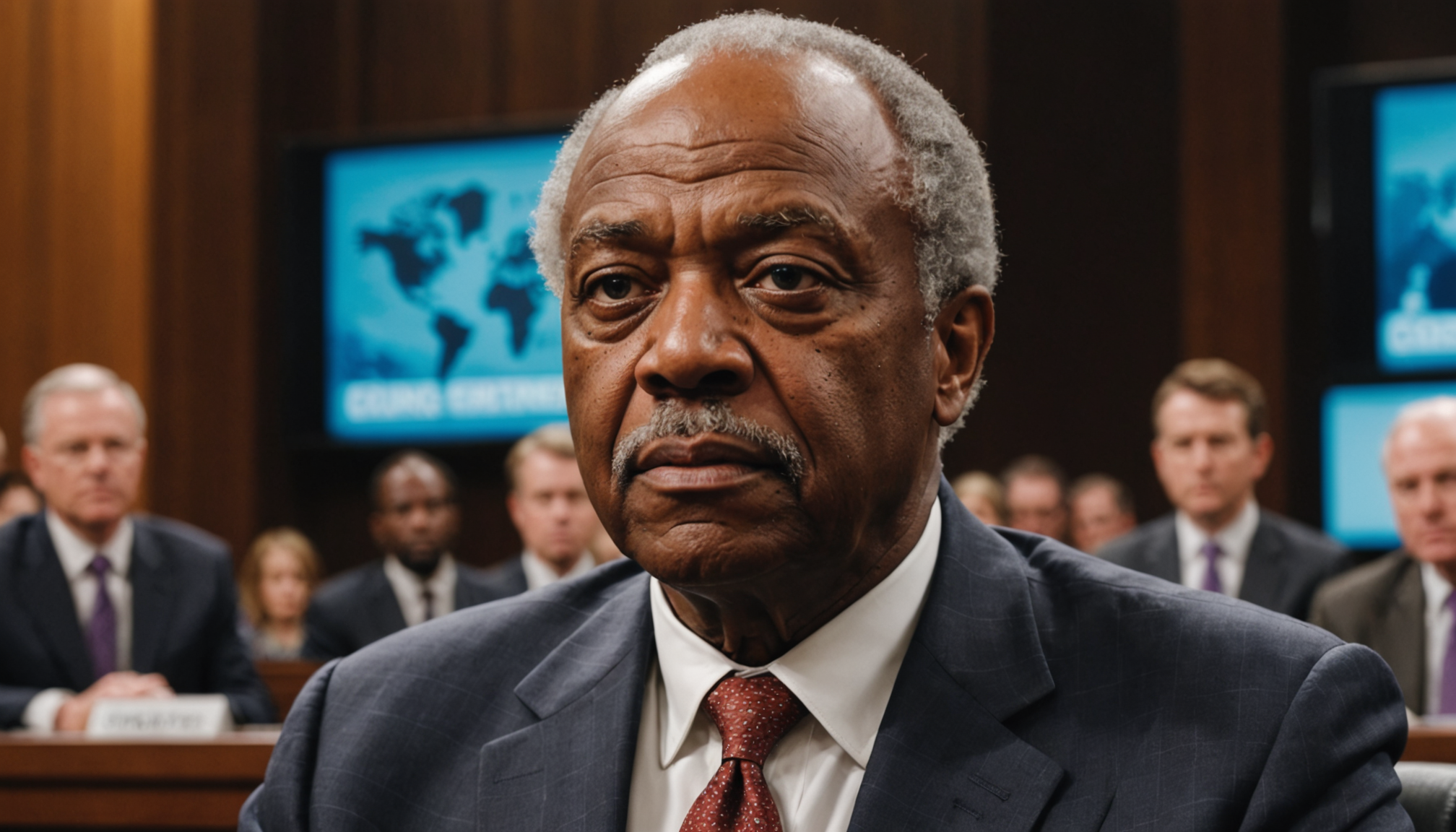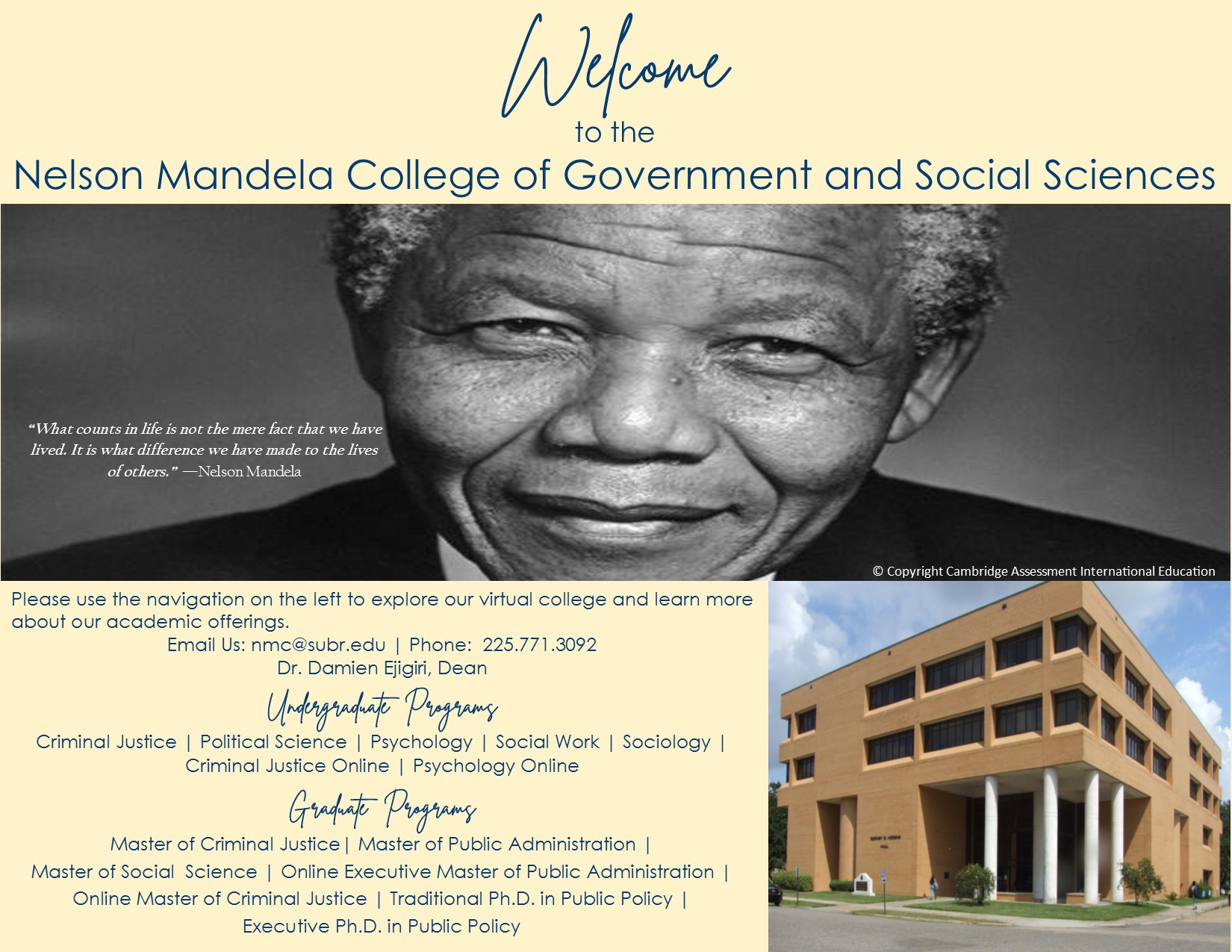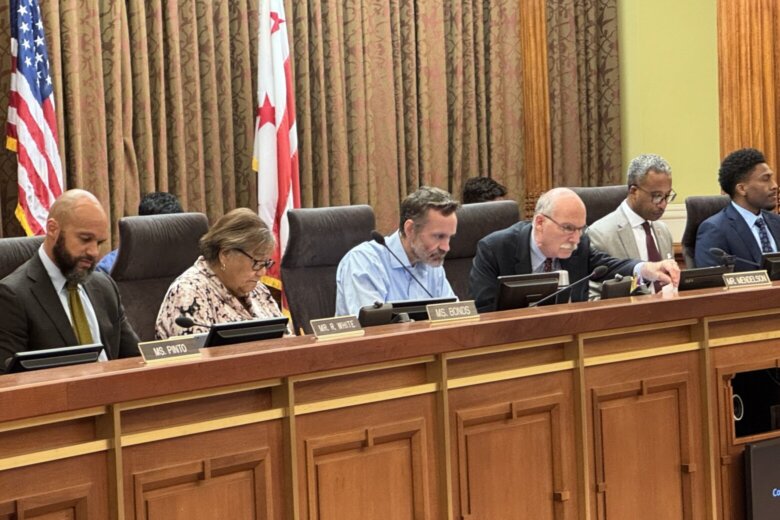
Report on the Passing of Barrister Courtenay Griffiths, KC, and His Contributions to International Justice
Introduction
The Residual Special Court for Sierra Leone (RSCSL), based in The Hague, Netherlands, has announced the death of Courtenay Griffiths, KC, a distinguished British barrister. Griffiths notably served as Lead Defence Counsel for former Liberian President Charles Ghankay Taylor during his landmark war crimes trial. His career and contributions align with several Sustainable Development Goals (SDGs), particularly SDG 16: Peace, Justice, and Strong Institutions.
Background and Career
- Courtenay Griffiths passed away at the age of 69; details surrounding his death remain undisclosed.
- He was appointed pro bono counsel for Charles Taylor on 31 August 2023, at Taylor’s request.
- Previously, Griffiths served as Lead Counsel from July 2007 until May 2012 during the Special Court for Sierra Leone (SCSL) trial phase held in The Hague under a United Nations mandate.
- Griffiths was a prominent legal figure in the United Kingdom, known for his fierce advocacy, eloquence, and legal acumen.
- He practiced before the Bar of England and Wales and handled numerous high-profile criminal cases throughout his career.
Tributes and Legacy
Key figures from the RSCSL paid tribute to Griffiths’ professional and personal qualities:
- Ibrahim Yilla, RSCSL Principal Defender, described Griffiths as “unyielding and eloquent beyond measure in presenting his case before the Special Court.”
- Justice Richard Lussick, RSCSL President, remembered him as “a fine lawyer.”
- Binta Mansaray, RSCSL Registrar, called him “forceful and kind.”
The RSCSL extended heartfelt condolences to Griffiths’ family, colleagues, and admirers, concluding with the wish: “May he rest in eternal peace.”
Significance of Griffiths’ Work in Relation to SDGs
Griffiths’ contributions to international criminal justice resonate strongly with the following Sustainable Development Goals:
- SDG 16: Peace, Justice, and Strong Institutions
- His defense work during the trial of Charles Taylor was integral to the pursuit of accountability for war crimes and crimes against humanity committed during the Sierra Leone civil war.
- The trial and subsequent conviction of Taylor for aiding and abetting war crimes underscore efforts to strengthen justice systems and uphold the rule of law.
- RSCSL’s ongoing mandate includes supervision of prison sentences, witness protection, archival preservation, and support for national prosecutions, all contributing to sustainable peace and justice.
- SDG 17: Partnerships for the Goals
- The RSCSL operates under a United Nations mandate, exemplifying international cooperation and partnership in addressing global justice challenges.
- Griffiths’ pro bono service highlights the role of legal professionals in supporting global justice initiatives.
Context of the Residual Special Court for Sierra Leone
The RSCSL succeeded the original Special Court for Sierra Leone after its mandate ended in December 2013. It continues to fulfill critical obligations including:
- Supervision of prison sentences for convicted individuals.
- Provision of witness protection programs.
- Preservation of archives related to the Sierra Leone civil war.
- Support for national prosecutions arising from the conflict.
Conclusion
Courtenay Griffiths’ legacy is firmly embedded in the history of international criminal justice. His passionate defense, principled legal practice, and formidable courtroom presence during one of Africa’s most consequential war crimes trials contributed significantly to advancing SDG 16 by promoting peace, justice, and strong institutions. His work continues to inspire efforts toward accountability and the rule of law worldwide.
1. Sustainable Development Goals (SDGs) Addressed or Connected to the Issues Highlighted in the Article
- SDG 16: Peace, Justice and Strong Institutions
- The article focuses on the Residual Special Court for Sierra Leone (RSCSL) and the landmark war crimes trial of former Liberian President Charles Ghankay Taylor, highlighting issues of justice, accountability, and the rule of law.
- It emphasizes the role of legal advocacy and international criminal justice in addressing war crimes and crimes against humanity.
- SDG 5: Gender Equality
- While not explicitly mentioned, the RSCSL’s mandate includes witness protection and support for national prosecutions, which often involve addressing gender-based violence during conflicts.
- SDG 10: Reduced Inequalities
- The pursuit of accountability for war crimes contributes to reducing inequalities by promoting justice for victims regardless of status.
2. Specific Targets Under Those SDGs Identified Based on the Article’s Content
- SDG 16: Peace, Justice and Strong Institutions
- Target 16.3: Promote the rule of law at the national and international levels and ensure equal access to justice for all.
- Target 16.6: Develop effective, accountable and transparent institutions at all levels.
- Target 16.7: Ensure responsive, inclusive, participatory and representative decision-making at all levels.
- Target 16.10: Ensure public access to information and protect fundamental freedoms, in accordance with national legislation and international agreements (related to transparency and archival preservation).
- SDG 5: Gender Equality
- Target 5.2: Eliminate all forms of violence against all women and girls in public and private spheres, including trafficking and sexual violence in conflict.
- SDG 10: Reduced Inequalities
- Target 10.3: Ensure equal opportunity and reduce inequalities of outcome, including through the elimination of discriminatory laws and policies.
3. Indicators Mentioned or Implied in the Article to Measure Progress Towards the Identified Targets
- For SDG 16 Targets:
- Indicator 16.3.1: Proportion of victims of violence in the previous 12 months who reported their victimization to competent authorities or other officially recognized conflict resolution mechanisms.
- Indicator 16.6.2: Proportion of the population satisfied with their last experience of public services (implied through the effectiveness and accountability of institutions like RSCSL).
- Indicator 16.10.1: Number of verified cases of killing, kidnapping, enforced disappearance, arbitrary detention and torture of journalists, associated media personnel, trade unionists and human rights advocates (related to protection of fundamental freedoms and witness protection).
- Archival preservation and supervision of prison sentences as measures of institutional accountability and transparency.
- For SDG 5 Target 5.2:
- Indicator 5.2.1: Proportion of ever-partnered women and girls aged 15 years and older subjected to physical, sexual or psychological violence by a current or former intimate partner in the previous 12 months, by form of violence and by age.
- Indicator 5.2.2: Proportion of women and girls aged 15 years and older subjected to sexual violence by persons other than an intimate partner in the previous 12 months.
- For SDG 10 Target 10.3:
- Indicator 10.3.1: Proportion of population reporting having personally felt discriminated against or harassed within the previous 12 months on the basis of a ground of discrimination prohibited by international human rights law.
4. Table of SDGs, Targets and Indicators
| SDGs | Targets | Indicators |
|---|---|---|
| SDG 16: Peace, Justice and Strong Institutions |
|
|
| SDG 5: Gender Equality |
|
|
| SDG 10: Reduced Inequalities |
|
|
Source: frontpageafricaonline.com







